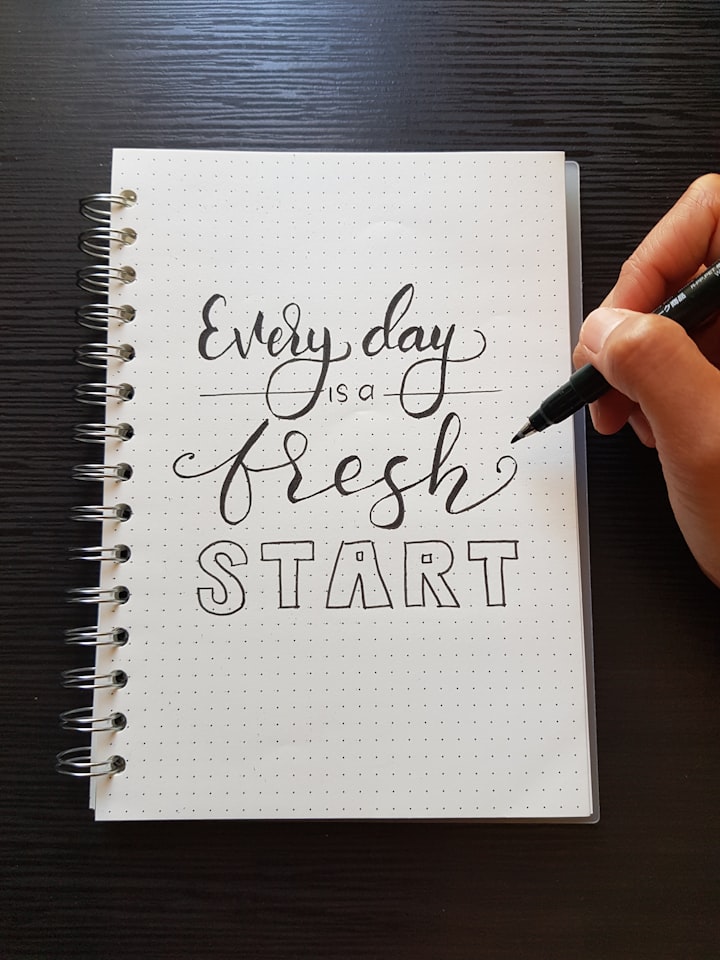How to Balance Your Complex Health Needs and Fitness
Health Needs and Fitness

Introduction
Balancing your complex health needs and fitness can be a challenge, especially with a busy schedule.
But with the right approach, it's possible to achieve your fitness goals while maintaining good health.
In this guide, we aim to provide you with practical steps to help you create a customized health and fitness plan, set achievable targets, and stay motivated.
Whether your goal is weight loss, increased strength, or overall health improvement, our guide will give you the tools to succeed.
So, let's get started! We hope these tips will assist you in reaching your fitness aspirations.
What is the relationship between fitness and health?
Balancing your overall health and fitness is essential for leading a fulfilling life.
Fitness encompasses a wide range of activities that can boost your physical and mental well-being, such as weight loss, muscle building, reduced heart disease risk, and improved mood.
Health, however, encompasses more than just your physical appearance and fitness level.
It includes your mental state, overall sense of well-being, ability to engage in activities you enjoy, and the capacity to lead a healthy life.
Achieving a healthy lifestyle requires attention to physical activity and nutrition, as well as a focus on mental health.
Neglecting your mental health can result in various health problems, such as heart disease, high blood pressure, and depression, caused by excessive stress.
Similarly, inadequate sleep can affect your weight, mood, and concentration.
Therefore, it's vital to strike a balance between your physical and mental health, and this is where fitness comes into play.
Fitness can help improve your overall health by aiding weight loss, building muscles, reducing heart disease risk, and boosting your sense of well-being.
Additionally, by focusing on your mental health, you can avoid various health problems.
If you experience symptoms such as poor sleep, low energy, unhealthy diet, lack of exercise, stress, or anxiety, it's a sign that your body may be out of balance and in need of improvement in your fitness.
To address this, it's crucial to take proactive steps and utilize various resources to better your fitness.
For a more accurate assessment, it's recommended to consult with a fitness expert who can guide you in determining your fitness level and help you make the necessary changes.
How do you know if you are fit?
Maintaining a healthy balance between your physical and mental well-being and your fitness objectives can be a challenge. Here are some tips to help you strike this balance:
Nourish your body with a nutritious diet.
Eating a balanced diet is crucial for both your physical and mental health. A well-rounded diet ensures that your body receives the essential nutrients it needs to perform optimally, reducing the risk of chronic illnesses.
Incorporate regular exercise into your routine.
Physical activity is one of the most effective ways to improve your health and reach your fitness goals. It not only helps with weight loss but also boosts your mood, reduces the risk of heart disease, and lowers the risk of chronic diseases.
Stay motivated by focusing on your goals.
To achieve your fitness objectives, it's essential to keep your sights set on them. Maintaining focus on your goals will help keep you motivated and on track.
Consult with a doctor.
If you're unsure of how to balance your health needs and fitness goals, don't hesitate to reach out to a doctor.
They can provide guidance on the best approach to take care of your overall well-being.
How do you balance your health needs with your fitness goals?
Balancing our health needs and fitness goals can seem overwhelming, but there are several factors to consider for success.
Start slow and gradually add more.
Don't feel like you have to tackle everything at once. Begin by implementing one or two tips, then gradually add more as you feel comfortable.
Be patient and persistent.
It takes time to form new habits and even longer to experience the long-term benefits. Be patient, stay committed, and you'll see results.
Be reasonable in your expectations.
Realize that it's unrealistic to expect to be in top physical shape all the time.
Consistently exercising and eating right are excellent steps towards better health, but don't expect instant results.
Make it enjoyable.
Fitness and health should be a pleasurable experience, not a burden. Look for activities that you enjoy and incorporate foods that you love into your diet. By doing so, you'll be well on your way to a healthier you.
How to make fitness a part of your life
Balancing our daily responsibilities with fitness can be a challenge, but it's crucial for maintaining a healthy lifestyle and meeting complex health needs.
Incorporate fitness into your daily routine.
Set aside dedicated time for physical activity and make it a part of your daily routine.
Try different options.
Consider attending a fitness class that fits your schedule or working out at home.
Balance fitness with other responsibilities.
If you're feeling too tired to exercise, find a way to fit it into your day. But don't compromise your other responsibilities.
Stay hydrated.
Remember to drink plenty of water to keep your body hydrated, which is important for your overall health and fitness.
Balancing work, life, and fitness can be a challenge, but it's essential for overall health and wellbeing.
How to find the time to exercise
To achieve this balance, you need to have a plan in place. Start by identifying the type of exercise that works best for you, whether it's running, gym sessions, or light daily activity.
Set a goal for the amount of time you want to exercise and make the most of the time you have available.
If you're dealing with chronic pain or injuries, it's important to work with a doctor to create a treatment plan that meets your specific needs.
Be patient with yourself and take proper rest and rehabilitation as needed.
The importance of diet and nutrition
A supportive network of friends, family, and co-workers can be helpful in maintaining a healthy lifestyle and dealing with injuries.
Never give up on your fitness goals and adopt a positive attitude towards life.
In addition to exercise, it's important to focus on a balanced diet that includes whole foods, essential nutrients, and reduces the risk of chronic diseases.
Rest is also crucial for fitness and overall health, so find a rest routine that works for you, and take a break from technology when needed.
Conclusion
Finally, taking time for yourself to recharge and reduce stress is essential for both mental and physical health.
Have a positive outlook and make healthy choices, and with some organization and planning, you can achieve a healthy lifestyle and meet your fitness goals.
About the Creator
Arunkumar S
Welcome to my page all about Technology, Health and Fitness and Others. I am constantly staying up-to-date with the latest advancements in technology and am always looking for new ways to improve my skills. Thanks for your Support.






Comments
There are no comments for this story
Be the first to respond and start the conversation.